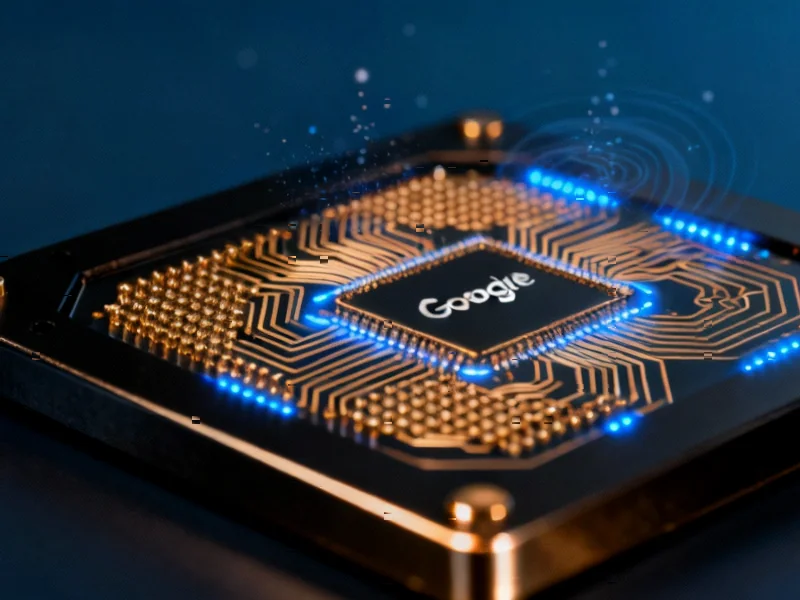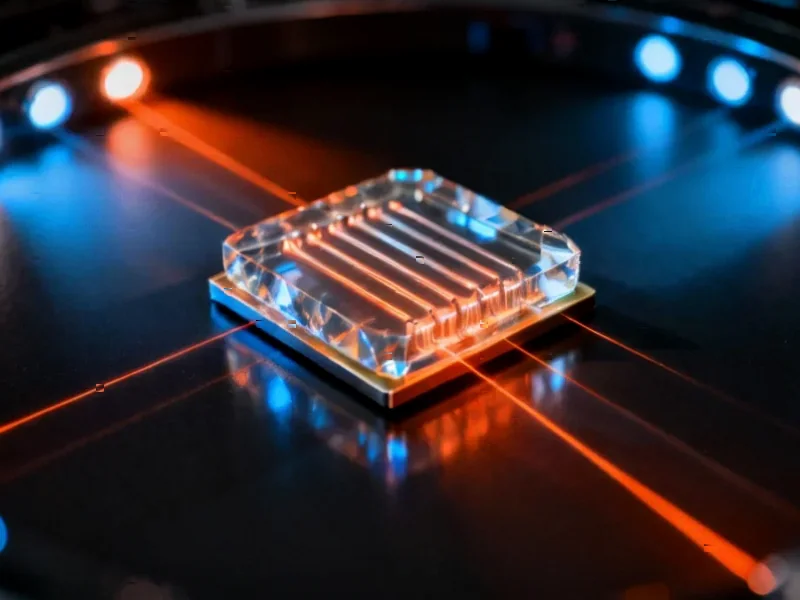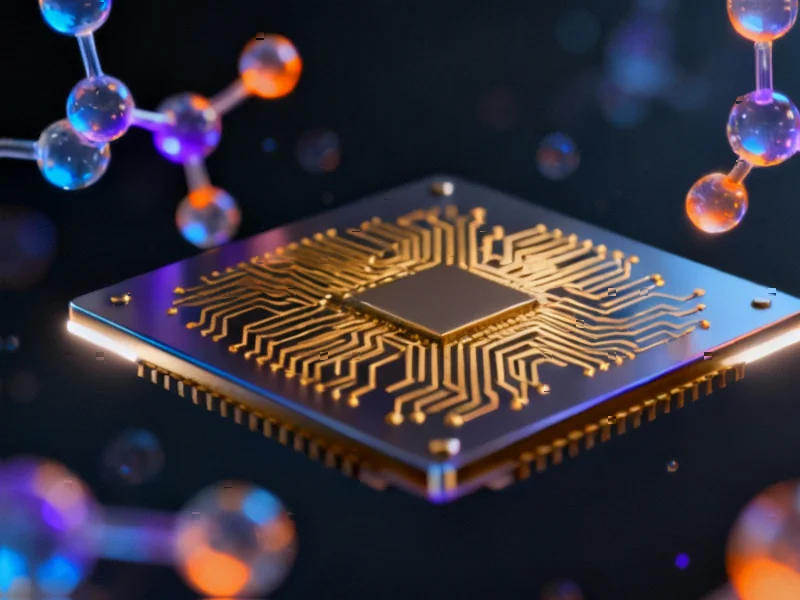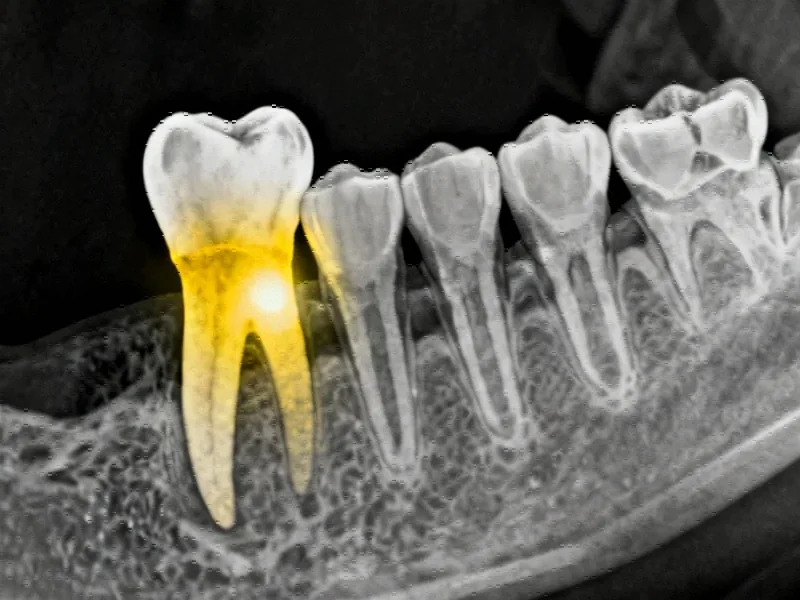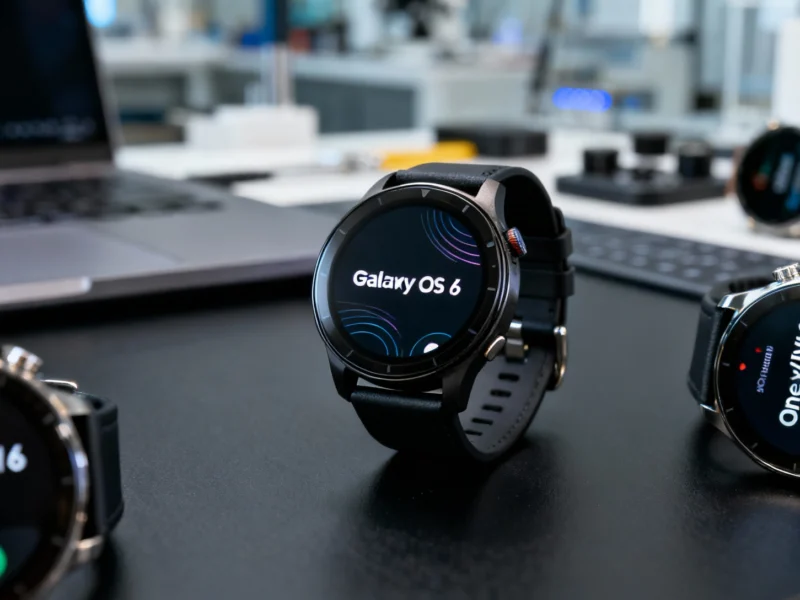Google has announced a breakthrough with its Willow quantum processor, demonstrating a new algorithm that sources indicate runs 13,000 times faster than classical supercomputers. The Quantum Echoes algorithm has been used for molecular analysis, revealing structural details not typically accessible through conventional methods. This development is seen as a step toward practical, verifiable quantum computing in chemistry and materials science.
Quantum Leap in Computational Speed
In what is being hailed as a significant advancement in quantum computing, Google’s Willow quantum processor has reportedly demonstrated a new algorithm that runs approximately 13,000 times faster than the world’s leading classical supercomputers. According to reports, this marks the first instance of verifiable quantum advantage, where results are reproducible and can be cross-verified on other quantum systems of similar quality. Analysts suggest this could accelerate research in fields such as chemistry, biology, and materials science by providing unprecedented computational precision.

